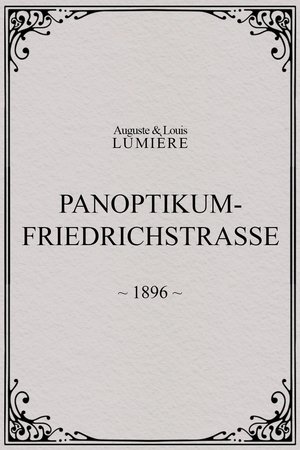
Köy(2022)
KÖY (Turkish for village) is about the longing for home, for belonging and the freedom of the self. Three women from three generations are united by their Kurdish roots.

Movie: Köy

Köy
HomePage
Overview
KÖY (Turkish for village) is about the longing for home, for belonging and the freedom of the self. Three women from three generations are united by their Kurdish roots.
Release Date
2022-04-21
Average
0
Rating:
0.0 startsTagline
Genres
Languages:
Keywords
Similar Movies
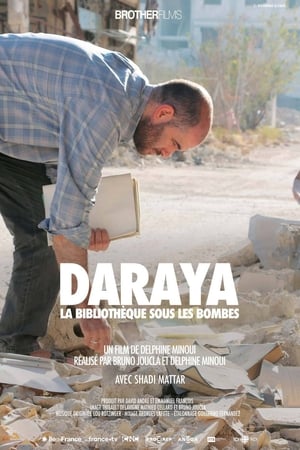 9.0
9.0Daraya: A Library Under Bombs(fr)
At the heart of the Syrian civil war, a group of activists created an underground library in the besieged outskirts of Damascus. After years of blockade, they were forced to leave their city. But they managed to save their videos illustrating a unique experiment of cultural resistance under the bombs. This film, built between the past and the present, follows the story of three friends who met during the 2011 revolution and never gave up on their cultural resistance and peaceful struggle. Despite ceaseless bombing, they not only saved books from the rubble, but created a secret library, which quickly became a safe haven for peace, freedom and democracy: a special experience that they filmed and documented meticulously. Separated by war and exile, they are striving to reunite with each other. They reminisce on the past and tell us the extraordinary story of the library, based on dozens of hours of video archives. “A Library Under Bombs” is a story of hope and survival.
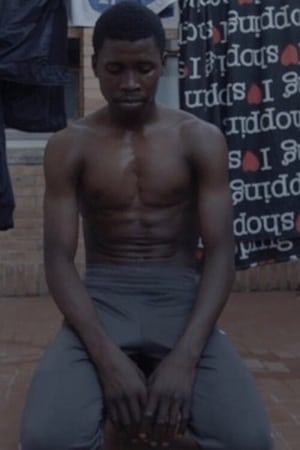 0.0
0.0Mirage(it)
Mali - Algeria - Libya - Italy. Issa’s escape from West Africa to the European mainland lasted ten years. Everything was supposed to be better here. But when he arrived in Rome, the only thing waiting for the young man was a life of homelessness and unemployment – which meant no money to send home. Drissa and Sekou share a similar fate, waiting in Italian asylum centres for a residence permit. Then there’s Bubu, who, forced to move from job to job, is unable to settle down. And lastly comes Alassane, who lives without identity papers in a state of constant uncertainty in a refugee camp near Rome. They all have one thing in common: after a gruelling odyssey, none of them has found the Italy they were hoping for when they arrived. Disillusioned, they find themselves in a vacuum of waiting, reflecting on the time they live in and the time that lies ahead.
 8.0
8.0Black Box Syria: The Dirty War(de)
A look back over nine years of the Syrian Civil War, an inextricable conflict, like a black box, due to the competing interests of the many factions in presence and those of the foreign powers.
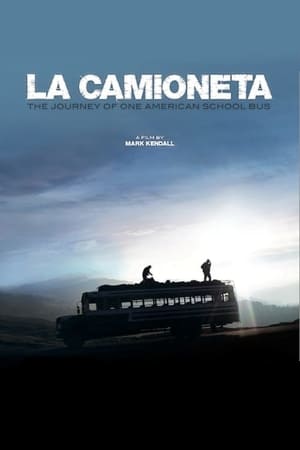 5.8
5.8La Camioneta: The Journey of One American School Bus(en)
Every day dozens of decommissioned school buses leave the United States on a southward migration that carries them to Guatemala, where they are repaired, repainted, and resurrected as the brightly-colored camionetas that bring the vast majority of Guatemalans to work each day. Since 2006, nearly 1,000 camioneta drivers and fare-collectors have been murdered for either refusing or being unable to pay the extortion money demanded by local Guatemalan gangs. LA CAMIONETA follows one such bus on its transformative journey: a journey between North and South, between life and death, and through an unfolding collection of moments, people, and places that serve to quietly remind us of the interconnected worlds in which we live.
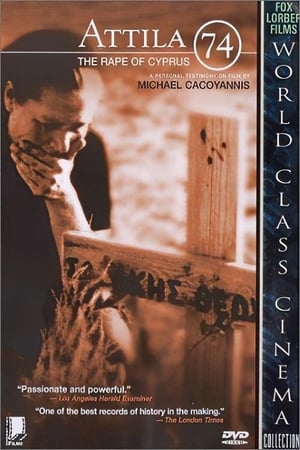 5.0
5.0Attila 74: The Rape of Cyprus(el)
An indictment of the protagonists in the Cypriot civil war.
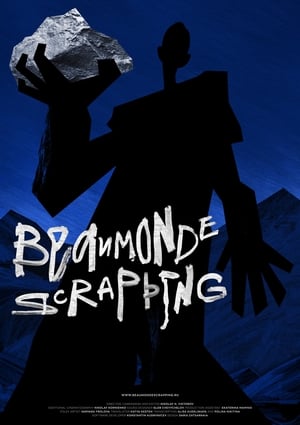 0.0
0.0Beaumonde Scrapping(ru)
Ilya learned street-smarts in the harsh realities of Russia's Far North, book-smarts in literature class, and the strength of the fist from a father who strived to raise a son following the straight and narrow. His days consist of berating a subordinate and lamenting the days of Stalin; his nights-of scraping metal and composing obscenity-riddled poems. Ilya longs for a life more becoming of his stature, but unbridled personal demons present a major obstacle to his dreams of conquering the nation's capital.
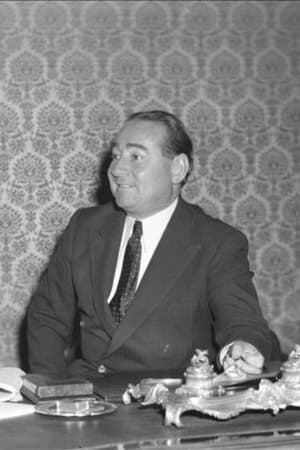 0.0
0.0Demirkırat: Victory(tr)
Societies, like people, have turning points in their histories. These milestones sometimes silently and spontaneously knock on the door, and sometimes they explode like a terrifying thunderclap. The year 1950 was such a turning point for Turkey. A simmering social reaction against 27 years of power erupted in the spring of 1950. Society has cracked its quarter-century shell. Not by shedding blood in the streets, but by voting at the ballot boxes. "Demirkırat" was reared by the general vote. That's why the 14 May 1950 elections were always called the "White Revolution"...
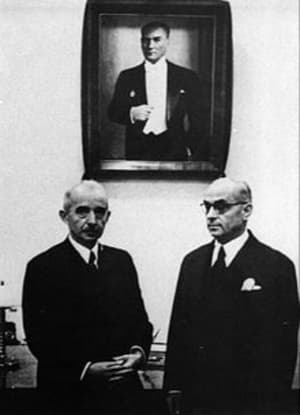 0.0
0.0Demirkırat: Chief(tr)
The multi-party democratic regime that we take for granted in Turkey today is actually the product of 23 years of struggle and search. From the establishment of the Republic until 1946, three attempts were made to transition from a single party to a multi-party. The first of these was in 1924. Progressive Republican Party came up against the Republican People's Party that ruled the country. However, this period, when a new republic was built in pain, did not allow an oppositional voice to survive. The Progressive Party was closed after six months. Some of the rulers were imprisoned. Some of them were sentenced on death rows in the case of the assassination of Atatürk.The second attempt was made six months later, in 1930, with the Free Party. But the Free Party survived only 97 days.Finally, after another 16 years, the Democrat Party came in 1946 and the one-party regime became history for Turkey, never to return.
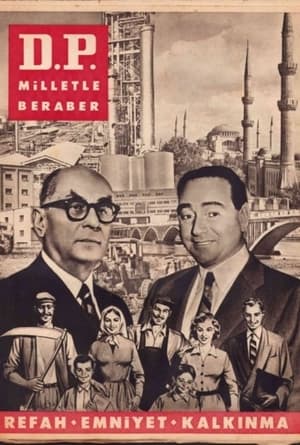 0.0
0.0Demirkırat: Fight(tr)
It's easy to say... After 23 years of single-party rule, Turkey decided to try democracy once again in 1946. In every attempt up to that time, the regime had been turned upside down and given up in a short time. Now a new one was coming. Would he be able to reach the multi-party regime that has been pursued since Atatürk this time? The calendar of democracy began to run on the morning of Monday, January 7, 1946. That day was a turning point in Turkish political history. The Republic of Turkey woke up with a single party in the morning, it was now multi-party...
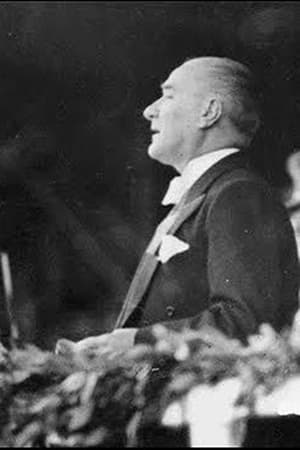 8.0
8.0Atatürk - Father of the Turks(en)
In the documentary, the life of Mustafa Kemal Atatürk, the last period of the Ottoman Empire, the War of Independence and the developments in the first years of the Republic of Turkey are told in parallel. The documentary prepared by Michael Adams consists of recordings made by the BBC in 1970 in Çanakkale, Samsun, Amasya, Sivas and Ankara, as well as historical footage.
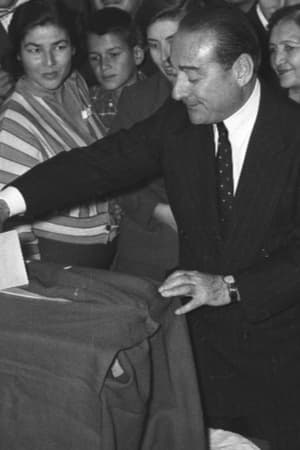 0.0
0.0Demirkırat: The Goverment(tr)
The spring of 1950 was also the spring of the multi-party regime in Turkey. A new 10 years, a new regime, a new government. The first test of democracy was beginning. The National Chief of the single-party period had returned to his Pink Mansion. The address of the opposition was clear now. When it comes to power... Power was shared by a tripartite trivet from the first day: DP Group in the Parliament. Celal Bayar in the Mansion and Adnan Menderes in the Prime Ministry..
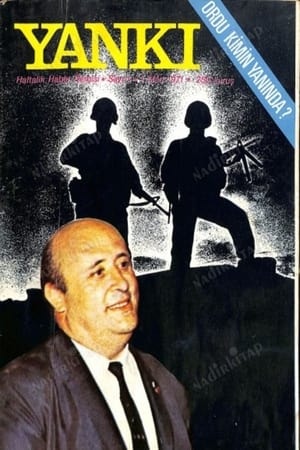 9.0
9.012 March: The Junta(tr)
We are now saying goodbye to the 1960s. The 60's started eventfully on May 27. It ended as eventfully as it began. The '70s inherited escalating violence, student riots, and rumors of intervention. Prime Minister Demirel was trying to put out the fire in the street and to calm the increasingly restless army on the other. The October 1969 elections were held in this atmosphere and the Justice Party came out of the ballot box again. May 27 came by overthrowing the DP government, but the AP, which declared that three of the three elections held since the 1960s, were the continuation of the DP, emerged successfully. Demirel was about to roll up his sleeves for a new era. He felt that no one could stop him now. He was wrong. As he was dizzy from victory, he fell at Caesar's fault. Forgot about Brutus...
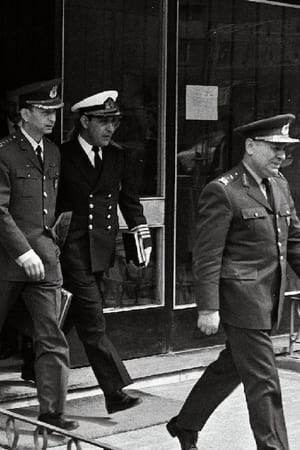 0.0
0.012 March: Memorandum(tr)
When March of 1971 knocked on the door, a military intervention was imminent in the country. Bombs were exploding in a strange way from right to left, and the urban guerrilla was resorting to unconventional acts such as bank robbery and kidnapping. The generals had decided to put a stop to this trend. Dynamite was placed under Prime Minister Demirel. The question now was who would ignite the fuse of the dynamite. President Sunay was waiting to watch the approaching explosion silently from Çankaya. Tuğmaç, Chief of General Staff, tried to delay the explosion as much as possible, preferring Demirel to self-destruct. The two generals were watching each other to see who would ignite the fuse first. These two generals were Faruk Gürler and Muhsin Batur. The fire was in their hands. They were going to detonate the dynamite...
 0.0
0.012 March: Rematch(tr)
Demirkırat stumbled on March 12, 1971. Actually, you know, they shoot limping horses. But this time it didn't. Turkish democracy continued to run despite its wounds. Because March 12 was not a "seizure" but a "warning". The generals were saying, "If what we want is not done, we will seize it." The country was entering a new era under this Sword of Damocles. A president who was helpless in the face of events, a prime minister who had to leave his seat, a newly fallen parliament, four generals neither inside nor outside the power... Now, a solution would be tried to be found out of this complex equation. But how and with whom? No one knew the answer to these questions in Turkey on the morning of March 13.
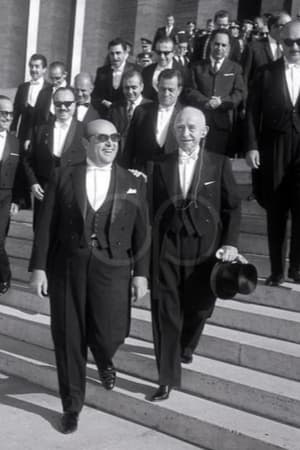 0.0
0.012 Mart: "Demir-El"(tr)
By the end of 1963, the word coup was no longer spoken in Turkey. Talat Aydemir is history, the last tremors of the May 27 earthquake have passed and the sliding faults of the regime have begun to settle into place. In this transition period, which lasted more than four years, the person who managed to get the ship to the port without running aground was İsmet İnönü. He ruled for four troubled years in a country torn between armed uprisings, Cyprus crises, coalition governments and regime debates. But meanwhile, he was also worn out. In the local elections held at the end of 1963, while the CHP's votes remained at 37 percent, the AP found 45 percent. But on the very day of the final election results, a few gunshots heard from across the Atlantic turned everything upside down...
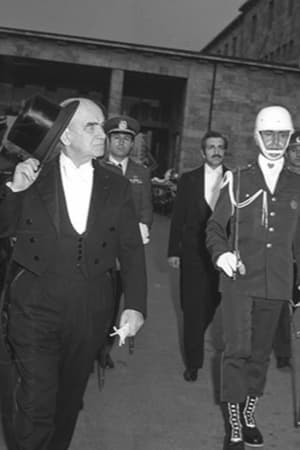 0.0
0.012 September: Clash of Colors(tr)
Turkish democracy got over the 27th of May and the 12th of March and set off again, but the storm did not subside and the mutual reckoning was not over. On the contrary, new fronts were opened in the country and blood began to flow like a gutter. Finally, on September 12, there was a knock on the door again. Those who came that day changed everything, everything. Nothing would ever be the same again, nothing would be the same as before.
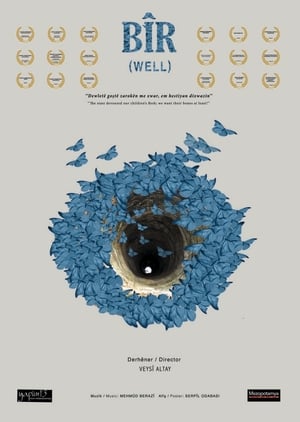 7.0
7.0Well(ku)
In the 1990s many people in Kurdistan were taken into custody and interrogated under torture; their killers disposed of the bodies by throwing them out of helicopters, or burying them in acid-filled wells. Thousands were murdered/disappeared by paramilitary forces—such as Jitem and Hizbul-Kontra—that were financed and supported by the state, though they have always stuck to the line: “We didn’t do it.” The documentary looks at the case of seven people, including four children, who were disappeared from the town of Kerboran [Dargeçit] in 1995, and tells the story of their families’ tireless search for their bones
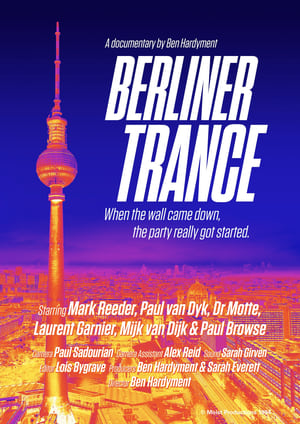 0.0
0.0Berliner Trance(en)
This lost classic, shot on 16mm in a wintry Berlin in 1993, explores the origins of the German trance scene. Featuring interviews with fresh-faced selectors including Laurent Garnier and MFS Records founder Mark Reeder, the documentary also feature footage from the city's iconic Love Parades in 1991 and 1993.
 6.1
6.1The Case of Bruno Lüdke(de)
The incredible story of Bruno Lüdke (1908-44), the alleged worst mass murderer in German criminal history; or actually, a story of forged files and fake news that takes place during the darkest years of the Third Reich, when the principles of criminal justice, subjected to the yoke of a totalitarian system that is beginning to collapse, mean absolutely nothing.

